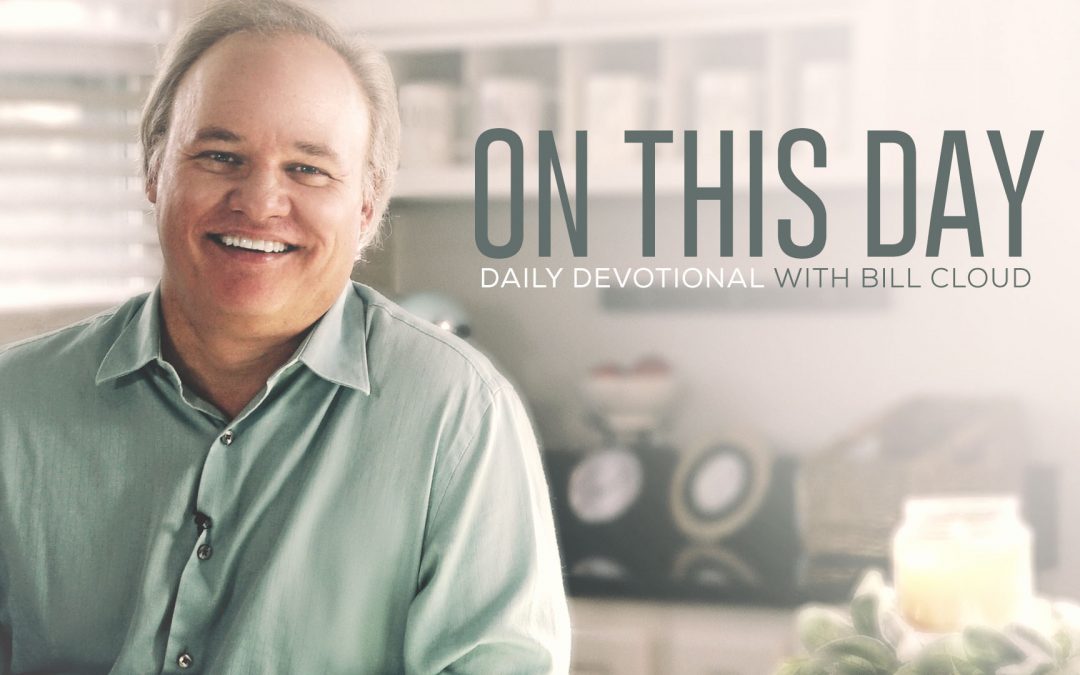Today is Yom Kippur, the Day of Atonement. There are so many events that are believed to have occurred on this day, but our focus will be on just one. Tradition has it that on this day Moses returned from the top of Mt. Sinai, carrying the second tablets of the Law. This was in the aftermath of the Golden Calf incident and came as a result of Moses interceding for the people. While Moses was on the mountain preparing to receive the second tablets of the Law, the Creator, made this proclamation in Exodus 34:6-7:
“The Lord, the Lord God, merciful and gracious, longsuffering, and abounding in goodness and truth, keeping mercy for thousands, forgiving iniquity and transgression and sin, by no means clearing the guilty, visiting the iniquity of the fathers upon the children and the children’s children to the third and the fourth generation.”
On such a solemn day as Yom Kippur, we are reminded that there is a consequence for sin. As He said, He will not allow the guilty to go unpunished. Yet, Yom Kippur also serves to remind us of the Creator’s goodness, His mercy and His long-suffering. As a matter of fact, when we compare His will to judge those who are guilty compared to the mercy that He wishes to bestow upon the repentant, we see that He is much more merciful than He is judgmental. You Kippur calls attention to our crimes against God’s laws and the willingness of our Creator to forgive us when we are truly motivated to turn from our wickedness.
Consider the goats that were brought before the Tent of Meeting on Yom Kippur. One was designated “for the LORD” and represented the removal of the guilt connected our sin. Yet, we also see the responsibility that is placed upon us, those forgiven of their sins, to abandon a sinful lifestyle. The other goat, designated for Azazel and led out into the wilderness, was to represent the removal of the presence of sin. That this goat, having all of our sins pronounced upon it, is led outside the camp implies that it was not to return to the camp. If it were to return, symbolically, our sins would be reentering the camp.
Again, we are to understand that there is a dire consequence for sin, but because our Creator is merciful, long-suffering and wishes to forgive those who are of a repentant heart, He removes the guilt of our sin. Still, He expects us to remove the presence of sin from our life by walking in obedience to His Word, represented by the tablets Moses brought down from the mountain.
Finally, let us consider this: when Moses returned with the two tablets of the law, we could say that this was a renewed covenant. It wasn’t a different one. The same words that were written on the first tablets were written on the second tablets. Furthermore, this “renewed covenant” would not have been possible had it not been for the selfless intercession of Moses. Likewise, all of us would still be in our sin, subject to the penalty and the guilt of that sin, were it not for the selfless sacrifice and intercession of the Messiah. He renewed the covenant and made it possible for the guilt of our sin to be removed. Consequently, He calls upon us to demonstrate our commitment and devotion to Him by keeping the presence of sin from our lives. That’s what He meant when He said, “If you love Me, keep My commandments.”
Have a blessed day, this Yom Kippur.
Shalom.


I was reading the 1828 Webster dictionary for the word ‘Atone’ – and it starts with an unused definition , ‘to be At One’. This correlates directly with what Yeshua prayed in the Garden before going to lay his life down: ‘Lord make them one as we are one…” was the theme. I believe this points to the goal of Atonement, to open the opportunity for us to be one again with Him and with Israel. Without it we are left separated from our King forever because of our sin that separated us from Him. Forgiveness had been given with the broken and contrite heart, but restoration by the blood of the lamb. My two cents. 🙂